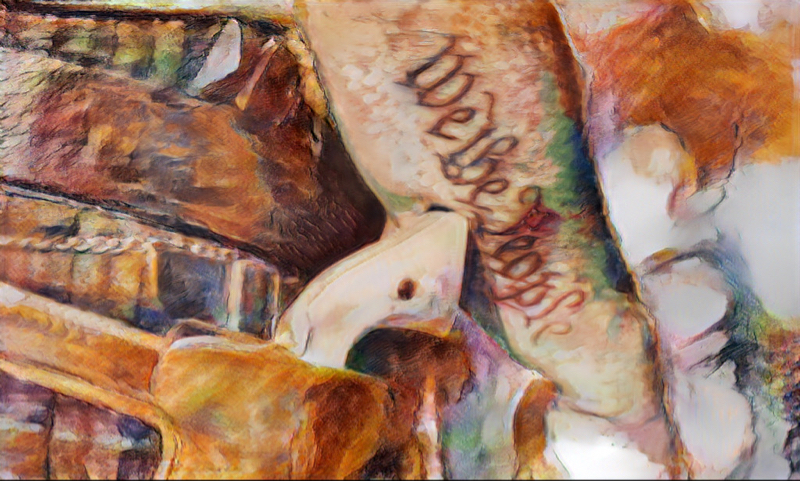File this under things I should have known, but didn’t!
“In 1788, at the constitutional ratification convention in Virginia, a major source of contention was that the draft constitution had placed the training and arming of the states’ militia under federal control. Virginians Patrick Henry and George Mason balked, and raised the specter of a massive slave revolt left unchecked because Congress could not be trusted to summon the forces to protect the plantation owners. Mason warned that if and when Virginia’s enslaved rose up (as they had before), whites would be left “defenseless”. Patrick Henry explained that white plantation owners would be abandoned because “the north detests slavery”. In short, Black people had to be subjugated and contained and state control of the militia was the way to do that.
The sheer brutality of human bondage, where plantation owners were notorious for “barbarities such as scalding, burning, castrating and extracting the tongues or eyes of slaves”, had created an overwhelming fear among whites of the enslaved’s capacity and desire for retribution. A series of revolts in the 1600s and 1700s terrified white residents and led to a slew of laws forbidding Black people from having any weapons, including guns. The militias’ all-important role was to quash those revolts, especially if the uprising was widespread, as in the 1740 Stono Rebellion in South Carolina.
This function of the militias was so important during the war of independence that governments such as that in South Carolina devoted the lion’s share of their white manpower to the containment of the enslaved. As a result, the colony did not have enough white men to join the Continental Army and repel the British. The calculus was simple: it was more important to the plantation owners in the colonial government to maintain slavery and control Black people than to fight for American independence.
In other words, concerns about keeping enslaved Black people in check are the context and background to the second amendment. The same holds true for today.”
